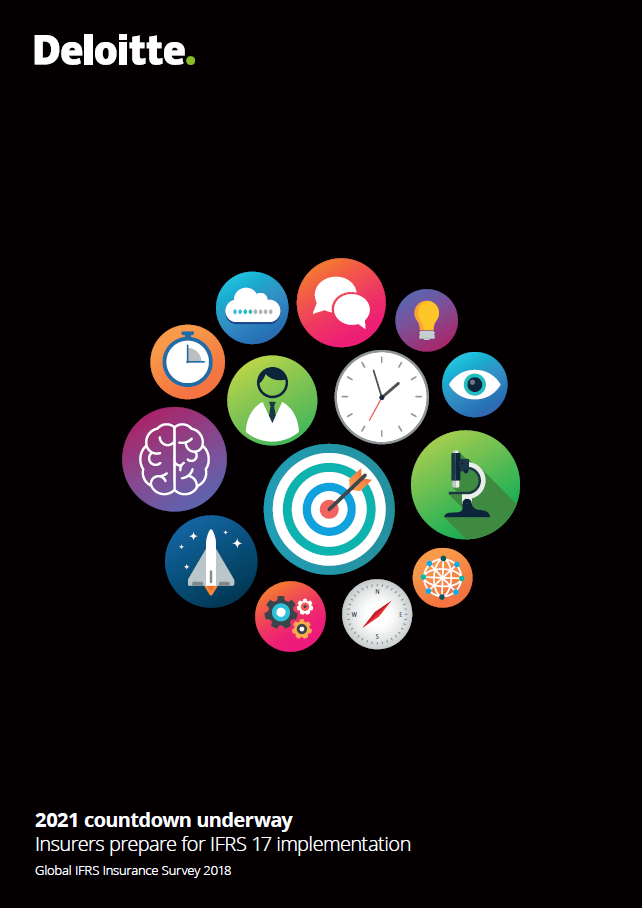In May 2017 the International Accounting Standards Board (IASB) released its long-awaited International Financial Reporting Standard 17 (IFRS 17 or the Standard). This marked the end of a multi-year process to produce the first comprehensive IFRS guidance for insurance contracts. This Standard is effective January 1st 2021*, and replaces the current interim regulation, IFRS 4, which has, for the past decade, grandfathered prior accounting practices while the IASB was busy producing IFRS 17. In addition, the IASB has granted to all entities with significant insurance operations the option to defer the implementation of IFRS 9 Financial Instruments by three years from the 2018 effective date; IFRS 9 fundamentally changes the accounting for insurers’ investments in bonds and equity securities. This decision has paired the effective dates of these two major accounting reforms, making 2021 an unprecedented milestone for changes in corporate reporting for the insurance sector.
With IFRS 17, the IASB aims to establish one set of principles for the recognition, measurement, presentation and disclosure of insurance contracts. This goal is ambitious and it will take a great deal of effort for the Standard to be universally interpreted and adopted. Efforts to comply are driving substantial changes across many parts of insurers’ businesses – from actuarial and finance to product development and operations. Furthermore, due to the possibility that there will be different interpretations of how to implement the Standard across the over 100 jurisdictions in the world that will adopt it, there is also concern about how much diversity will emerge from its application.
This report aims at providing a comprehensive overview of how global insurers are reacting to and preparing for the adoption of the Standard. It assesses the industry’s views on the scale and complexity of the implementation challenge. It also asks whether the timelines for systems implementation and other needed changes are realistic.
Our research is based on a survey of 340 insurance executives including senior leaders in finance, actuarial and IT. The survey focuses mainly on the participants’ perception of the challenges of IFRS 17 implementation.





